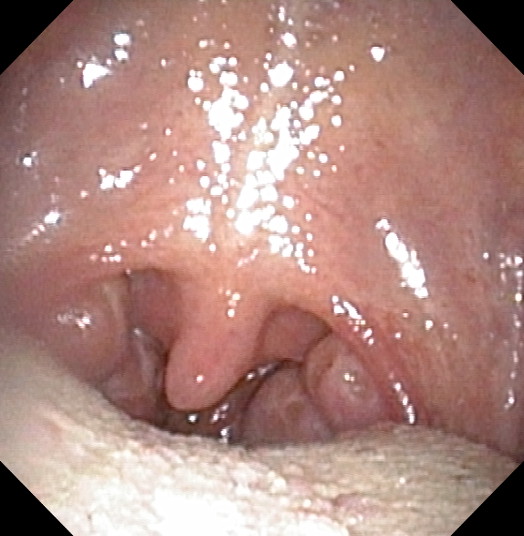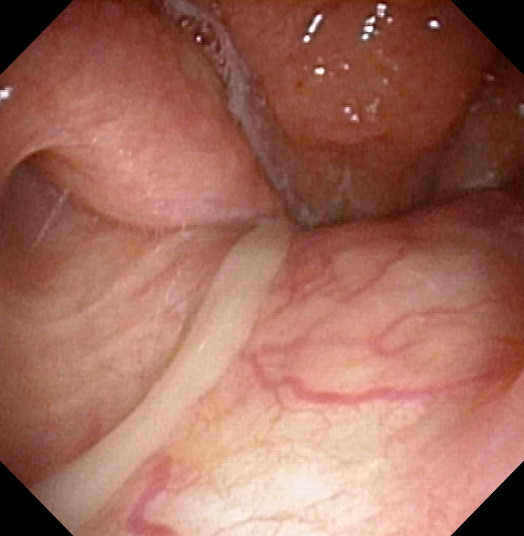My Sore Throat Doesn’t Get Better: Top 3 Causes

Why do you keep on getting a sore throat? Is a sore throat something to worry about? Should you see a top ENT specialist in Singapore for your sore throat that doesn’t get better?
There are many causes of a persistent sore throat in Singapore but the most common 3 causes of a sore throat or throat pain are:
- Infection: Tonsillitis or pharyngitis
- Sinus infection or nose allergy
- Acid reflux of the throat
I) INFECTION: TONSILLITIS AND PHARYNGITIS
The tonsils are lumps of lymph gland tissue which sit on either side of your throat, visible when you open your mouth and look at the back of your sore throat in the mirror. They tend to be bigger in young children as they have an important role in the immune system to fight infection. But from the age of 5 onwards, the tonsils shrink in size so that most adults have very little tonsil tissue left because other parts of the immune system take over the protective role of the tonsils. However, this doesn’t occur naturally in some people who may be unfortunate enough to continue suffering with tonsil infections through to adulthood. Others may sometimes find that they start to suffer tonsil infections in later life when they had no previous history before. Any bacterial or viral organism may cause tonsillitis, including Covid-19 virus infection.
Tonsil infections in Singapore should not be dismissed as “just another sore throat” because they can be very severe, making it difficult for you to swallow and may make you quite unwell with a high fever and terrible throat pain. 10% of tonsillitis cases go on to develop complications such as quinsy (an abscess or collection of nasty pus forming around the tonsil), neck abscess with swelling and pain and even airway swelling due to obstruction from the inflammation caused by the severe throat infection from tonsillitis. You should seek medical help quickly if you feel like this might be related to tonsil infections to prevent the tonsillitis and sore throat from worsening.
Treatment of throat infections due to tonsillitis often involves starting a course of strong antibiotics, sometimes intravenously through a drip if you are unable to swallow, painkillers, and possibly, steroids to reduce the inflammation and swelling caused by the bad sore throat. If there is a quinsy or neck abscess brewing, then surgical drainage of the trapped pus may be required. Ultimately, if the tonsillitis infections keep recurring or don’t completely resolve, then the advice is usually to have your tonsils removed surgically in the form of a tonsillectomy in Singapore. This is a short procedure done under general anaesthesia (you will be asleep) and may be performed as day surgery, although many patients choose to stay overnight in hospital and go home the next day. Although you will have a sore throat after surgery, many of my patients tell me that this is way better than suffering with the type of sore throat they used to get with their tonsil infections!
Your private insurance, whether corporate or personal, will usually cover the cost of your tonsil operation. In addition, patients may used their Medisave to partially cover the costs of their hospital bill in private hospitals.
Once tonsils are removed, they certainly don’t grow back ever again! You may still experience a mild sore throat if you come down with the flu in future after a tonsillectomy, so-called pharyngitis, but you won’t suffer from such excruciating throat pain from tonsillitis ever again.
II) SINUS INFECTION AND NASAL ALLERGY
The sinuses are natural air spaces inside your skull. They should usually drain the nasal secretions without any problem but if they become infected, then the natural drainage pathways may become blocked (sinusitis). This then leads to headaches, facial pain, fever, blocked nose and yellow or green nasal discharge due to the sinus infection. If the nasal discharge keeps flowing down the back of your nose into your throat, then it can cause a persistent sore throat or throat pain.
Nasal allergy issues are often mistaken by many people as “morning sinus” issues when really, it isn’t the sinuses to blame but a sensitive nose! Sensitive noses can flare up and become irritated, leading to sneezing, runny nose, nasal congestion or blocked nose, watery nasal discharge. But what triggers the sensitive nose to react this way? Changes in temperature and humidity commonly cause these nasal symptoms but often, house dust mite exposure is the main cause of recurrent sneezing, blocked nose, runny nose and a persistent postnasal drip of mucus, in tunr leading to a persistent sore throat. Your GP will usually prescribe painkillers, throat sprays, antibiotics, antihistamine medications like Zyrtec, but if your sore throat fails to improve, then it is important to get your sore throat properly examined by your friendly top ENT specialist in Singapore.
Your ENT specialist in Singapore will usually arrange allergy testing for you, perform a nasoendoscopy (“scope of your nose”) and prescribe the right medications for you. A good ENT specialist in Singapore needs to make sure that there is no other cause in your nose for your sore throat, such as a tumour growing at the back of your nose or in your sinuses. Sometimes, a CT scan of your sinuses may be arranged to examine the sinuses better or to help plan for surgery.

III) ACID REFLUX OF THE THROAT
The third most common cause of a sore throat in Singapore that keeps recurring, is acid reflux or more commonly known as GERD (gastro-esophageal reflux) “Gastro” means “stomach” while “esophageal” refers to the food passage or gullet joining the throat to your stomach. Acid reflux is quite common and can present in many different ways, such as epigastric discomfort (right in the middle of your stomach area), bloating, burping, chest tightness and feeling gassy. These symptoms may feel worse after eating certain foods.
Sometimes, acid reflux symptoms may be “silent”, meaning they don’t present in the usual ways discussed above, but may cause upper throat symptoms such as a persistent sore throat, feeling the urge to keep clearing throat by making funny noises in your throat, itchy throat, bad breath, or even a “lump in throat” sensation. ENT specialists in Singapore call this condition Laryngo-Pharyngeal Reflux (LPR) while gastro specialists call this GERD!
At our top ENT clinics in Singapore, we now offer a safe, comfortable and easy method of measuring acid pH levels in your throat and gullet to see if your sore throat is caused by LPR acid reflux. The ResTech probe is what we use to check the acidity of your sore throat (see picture below). This is inserted comfortable in clinic and left in overnight while you go about your normal activities at home and at work. If it confirms the LPR acid reflux as the cause of your sore throat in Singapore, then you may need a stronger course of anti-reflux medications to help your sore throat get better.

Now you understand what sore throat symptoms may be due to! Please have your sore throat checked out by your top ENT specialist in Singapore if it doesn’t get better by itself after a week.
Share this blog via:


